This book, originally being introduction to the Encyclopaedia of Scheduled Castes in India, Volume 1-South India (2007), deals with genesis, growth and development of caste system in all the Southern States and Union Territory. It explicates the system of castes or caste like groups (segments of the earliest settled primitive population) found even during the pre-historic period and proceeds with explaining when, how and why such groups got transformed into caste system. It also analyses the qualitative distinction between caste like groups and castes, besides elucidating formation of the caste system there, during the sixth, seventh century A.D., within the metaphor of the Varna System adopted from North India, though within the local idioms and hierarchical ordering of castes and their sub-castes. The book discusses induction of several endogenous tribes into the caste-fold and their location at the lowest level in the existing ritual and social hierarchy. Finally, it ventures into puzzles of scheduling the hundreds of castes for the purpose of their constitutional safeguards, enabling their access to the existing institutional and developmental avenues available in whatsoever form and extent there.
ABOUT THE AUTHOR Nandu Ram
Nandu Ram teaches Sociology at the centre for the Study of Social Systems, Jawaharlal Nehru University, new Delhi, where he is currently Dr. Ambedkar Chair professor of Sociology set up by dr. Ambedkar Foundation, Ministry of Social Justice and Empowerment, Government of India, new Delhi. In between, he was Director general of dr. Babasaheb Ambedkar national Institute of Social Sciences, MHOW (now Dr. Ambedkar nagar), District Indore, Madhya Pradesh. Over the past 30 years of teaching and research at I.I.T, Kanpur and J.N.U., New Delhi, he was accumulated lots of insights from within in understanding and analyzing social phenomena as well as Indian social phenomena as well as Indian social reality as such. He has also developed a perspective called views or 'perspective from the below', an alternative theoretico-methologogical perspective or approach in sociological enquiry, which has insipid a large number of young scholars in pursuing their social research. His areas of Specialisation are sociology of marginal groups and communities, minorities and ethnic groups, social stratification and social mobility, study of rural and urban societies in India, and so fourth. He has published a large number of articles and research in Indian and foreign Journals and chapters in edited books. His widely read books are mobile Scheduled Castes: Rise of a New Middle Class (1988), and Beyond Ambedkar: Essays on dalits in India (1995). His other books I press are dalits on Contemporary India, Vol. 1: Discrimination and Discount, and Vol. 2: Reservation, development and Discontent, in addition to other 4 volumes of Encyclopedia of scheduled castes in India. He is also the General Editor of a proposed series in dalit Studies in India.

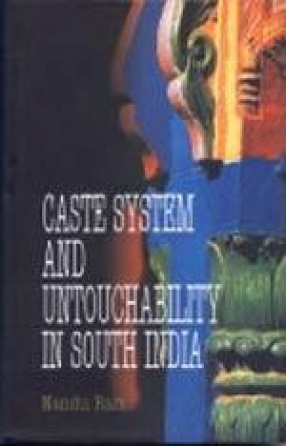
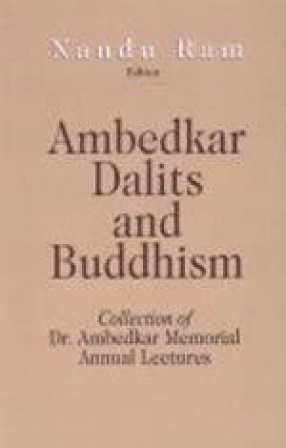

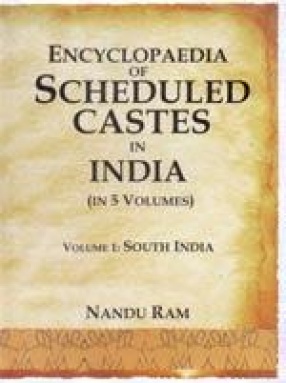
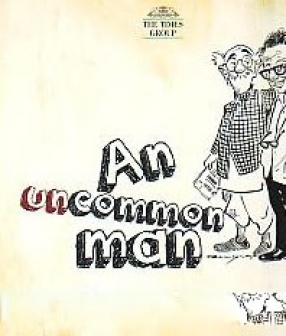
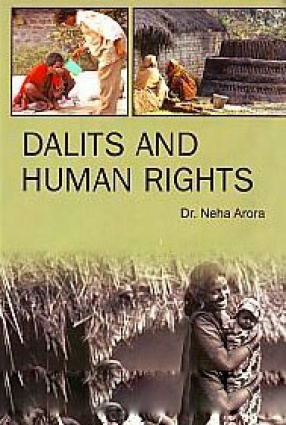
There are no reviews yet.